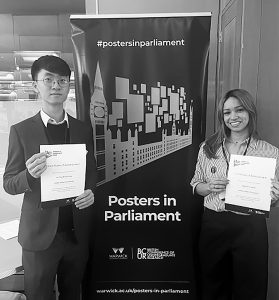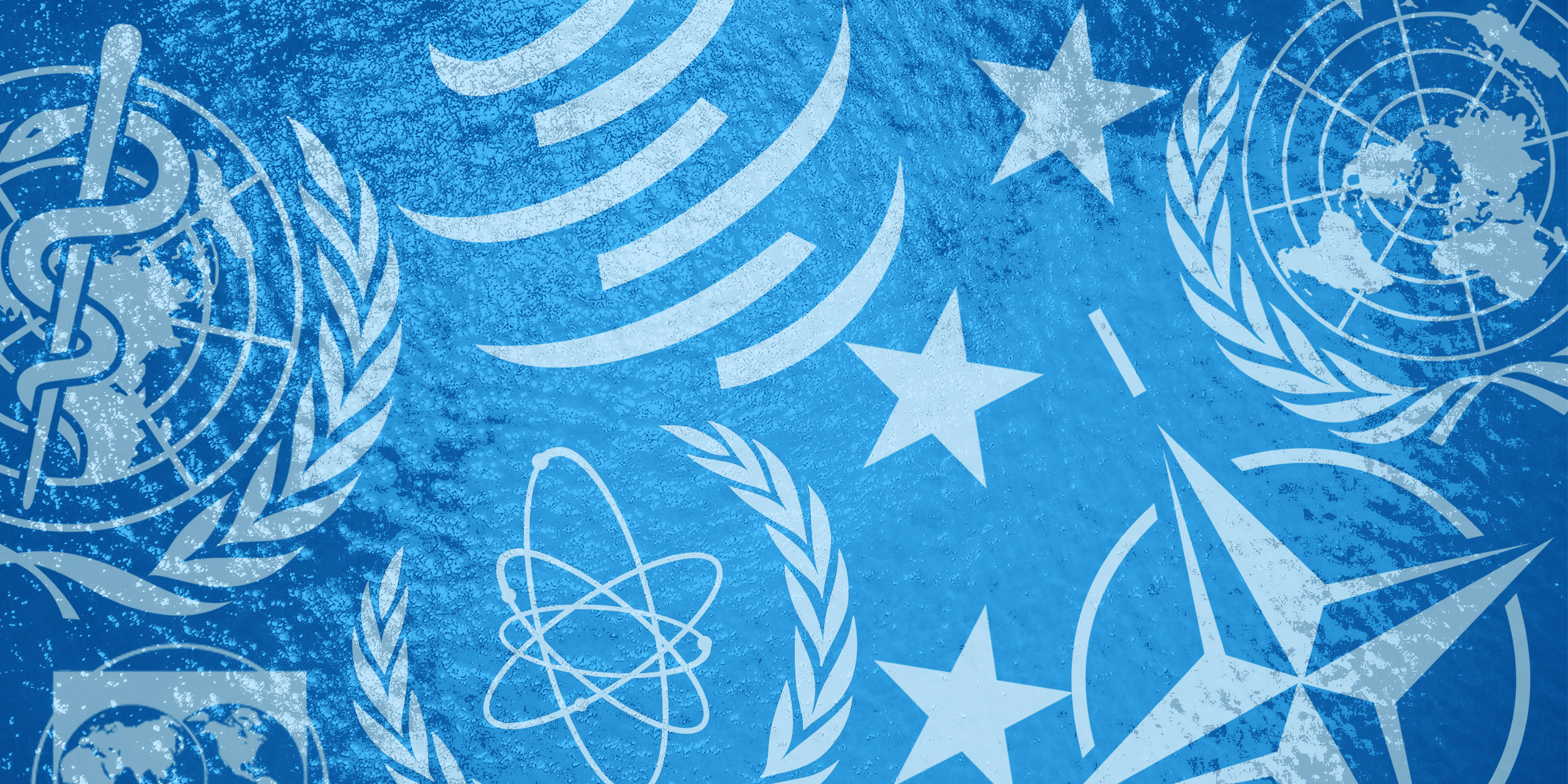Bosco Hung discusses the research he presented at Posters in Parliament 2024
On 28 February 2024, I had the privilege of representing LSE at the Posters in Parliament event held in Portcullis House, at the UK Houses of Parliament. I was invited to present my individual research on information warfare deployed by China and Russia during the Russia-Ukraine War.
Posters in Parliament is organised by the British Conference of Undergraduate Research (BCUR). It aims to provide undergraduate students with an opportunity to showcase their research and to celebrate British undergraduate research. Each university can nominate two student researchers to present their research in Westminster and I was delighted to be selected as one of them.
My poster was inspired by my previous research on how Russia and its strategic partner China have been manipulating the public opinion of domestic and international audiences during the Russia-Ukraine war. I was intrigued by the ‘strange’ support or sympathy expressed by some non-Western countries and their people towards Russia despite its brutality and clear violation of Ukraine’s territorial integrity. This motivated me to conduct research on how public opinion distortion can encourage support towards aggressive state-actors to better understand how we can fight against information warfare to protect democracy.
The war demonstrates both an expansion and innovation of information operations, which has shown that the battlefield of modern conflicts has now taken a ‘cognitive’ turn. In other words, wars no longer solely take place on a physical battlefield with guns and missiles, but people’s minds have now become an important arena of influence. Meanwhile, as states possess abundant resources to produce and circulate manipulated content, the rise of information warfare implies that people are finding increasing difficulty in finding reliable sources of information and maintaining their rationality. Truth, therefore, becomes even more difficult to identify.
In this information age where the public is vulnerable to information overload and distortion, stakeholders like individuals, the government, schools, and NGOs all should, and could play a paramount role in promoting the enhancement of digital literacy and rational decision-making. They can coordinate and collaborate with each other to give people the tools to understand and navigate the information that they consume, so that they can make informed decisions. For instance, while the government, schools, and NGOs can develop programmes and campaigns to raise citizens’ awareness of information manipulation, individuals also hold the responsibility of actively analysing information from multiple sources and not circulating information without careful consideration. This will be crucial for raising a country’s overall capability of critically analysing diffe rent layers of information, including the messages and sources of the information, and also the sender, intermediary platforms, and media, so as to better safeguard society from information warfare.

While my research was completed more than a year ago, as the war in Ukraine enters its third year, it remains vital to track its development, including how information warfare evolves and could continue to revolutionise modern warfare. Moreover, considering the increasingly volatile geopolitical landscape, the examination of public opinion distortion has become more relevant. The future of democracy could remain hopeful if every party recognises their important stake in fostering a community and digital literacy that is resilient against information warfare.
It was a fascinating experience presenting my work to undergraduate researchers and academics from around the UK, as well as some guest parliamentarians. I was enlightened by the research of young bright minds from different disciplines and cultural backgrounds, which offered invaluable insights into critical issues. Their fresh perspectives are immensely helpful to my current work of building a young professional-led multidisciplinary think tank on innovation policy and social science research (Protopia Group). It was also a pleasure to engage in great conversations with the participants and guests about information operations and the application of computational social science, which I may plan to develop in my future research.
You can view Bosco’s poster here and read his research in Connections: The Quarterly Journal.





